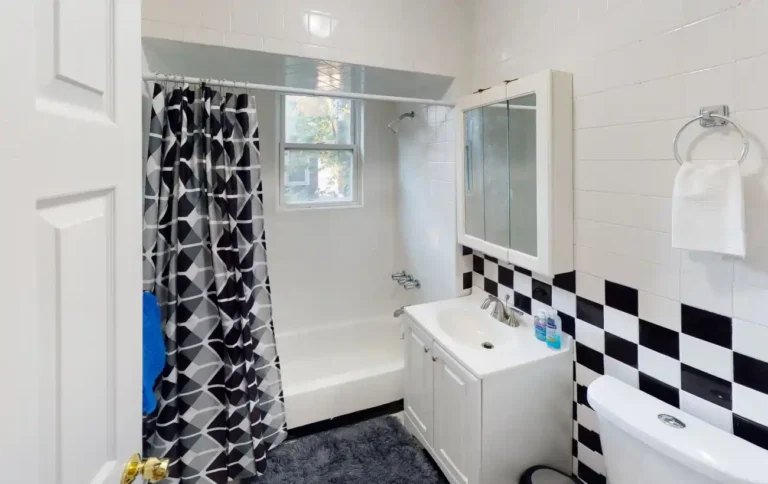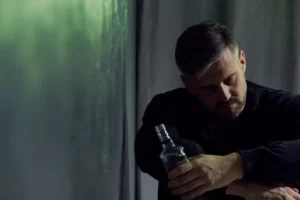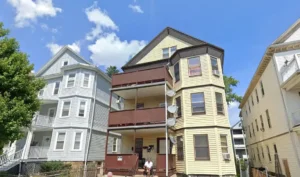
In addition, plans offered through the Affordable Care Act (“Obamacare”) are required to cover substance use and mental health services to the same extent that they cover medical needs. Behavioral therapy is often used during substance abuse and addiction treatment, as it helps individuals to find and recognize the connections between potential triggers, negative thoughts, and subsequent actions. https://ecosoberhouse.com/ Emotional, social, or physical triggers may be unique to an older adult and may center around certain life events or circumstances that a younger person may not relate to. Detox is the safe removal of drugs and alcohol from an individual who is dependent on the substance and who may suffer both drug cravings and potentially dangerous withdrawal symptoms when the substances are removed.
Statistics on Substance Abuse & Seniors
- This can build a healthier way of relating to each other and assist in preventing the thoughts and situations that may lead to relapse.
- You can also easily and quickly check if your insurance is in-network by filling out the form below.
- The New York Times publishes that as of 2010, between 6 and 8 million American senior citizens battled a substance abuse or mental health disorder.
- Self-help support groups, such as Narcotics Anonymous, help people who are addicted to drugs.
This announcement includes more than $16 million for behavioral and primary health care integration and more than $24 million to expand capacity for drug treatment courts. SAMHSA recently awarded $68 million in grants for suicide prevention and mental health care programs to address the U.S. mental health crisis and prevent suicide. For diagnosis of a substance use disorder, most mental health professionals use criteria in the Diagnostic how long is drug rehab and Statistical Manual of Mental Disorders (DSM-5), published by the American Psychiatric Association. The U.S. Census Bureau reports that, in 2012, there were 43.1 million adults over the age of 65, and this number is estimated to double by 2050, up to 83.7 million. Many of these senior citizens are members of the baby boomer generation – those born between 1946 and 1964 – who grew up in a culture of free love and drug experimentation.
FAQs For Long-Term Substance Abuse Treatment Programs
Friendship House is an 80-bed treatment facility that offers residential care for up to six months. Treatment services may include CBT, substance use counseling, motivational interviewing, and more. People with moderate to severe substance use disorders may benefit from a long-term residential rehab program.
Ready to reclaim your life?
Inpatient hospitalization is the most intensive type of rehab program for individuals needing 24-hour medical treatment because of an overdose, severe withdrawal symptoms or psychiatric conditions that put them at risk of harming themselves or others. Inpatient hospitalizations often start with a detox from the substance being used and are typically a short-term stay (of perhaps a few days) until an individual is stable enough to go to a residential program. Self-help and 12-Step programs may have age-specific groups and meetings for older adults that can provide a safe haven and supportive peer network for individuals in recovery to help prevent episodes of relapse. SAMHSA also recommends that a case manager who can check in with an elderly person regularly after leaving rehab, or a community-centered program, may be helpful to watch for signs of relapse. Friends and family members, and members of an elderly individual’s community, can all be important parts of a healthy support system that will enhance addiction treatment and promote long-term recovery. Lower amounts of alcohol or drugs may have bigger effects, and tolerance levels may be lower.

Generally speaking, it may suit someone better to be in a treatment program with peers and other individuals in similar life circumstances. Since older adults may abuse substances for different reasons than younger ones, it may be beneficial to separate treatment programs for different peer groups. Medical and mental health conditions may increase as individuals age, creating the need for high levels of prescription drug usage.




- To the best of our knowledge, all content is accurate as of the date posted, though offers contained herein may no longer be available.
- Friends and family members, and members of an elderly individual’s community, can all be important parts of a healthy support system that will enhance addiction treatment and promote long-term recovery.
- Many, though not all, self-help support groups use the 12-step model first developed by Alcoholics Anonymous.